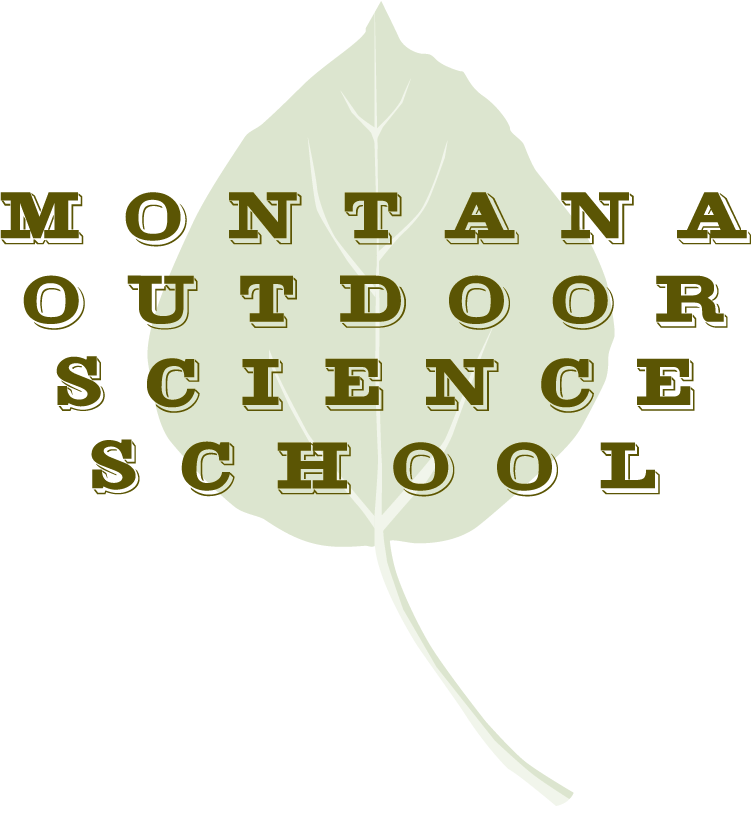5 Reasons to Become a Master Naturalist
Natural history is more than a mere pastime; it’s a profound exploration of the diversity of life. It encompasses everything from the delicate intricacies of flora and fauna to the grandeur of geological formations and the secrets locked within fossils. Becoming a Master Naturalist opens a gateway to a world where every leaf, every rock, and every creature tells a story.
Master Naturalists, Lynn and Janet, and their Instructor, Cedar Mathers-Winn learn about various plants in the field
What is a Master Naturalist?
Most states have a Master Naturalist program that teaches participants about their environment and connects them with opportunities to become local leaders in hands-on conservation. All levels of expertise and ability are welcome; the impressive-sounding name is the destination, not the starting point. It’s a program that offers around 40 hours of comprehensive classroom instruction and fieldwork, led by experts passionate about their fields.
Cedar Mathers-Winn, the Montana Outdoor Science School (MOSS) Master Naturalist instructor, believes in the power of observation, a skill he considers his superpower. He takes pride in helping others notice the nuances of nature that are often overlooked—the lichens, the wildlife, and the richness of life thriving in the cracks of a sidewalk. For Cedar, nature is not just found in the wilderness; it is everywhere, waiting to be discovered by those willing to look closely and ask questions. So, why should you become a Master Naturalist?
Reason One: Local Knowledge and Expertise
Did you ever want to know the difference between a Douglas Fir or a Limber Pine? Perhaps you’re curious about the names of the wildflowers on your summer hike. Or you’d like to tell the difference between raptors flying high in the sky? Becoming a Master Naturalist offers an in-depth understanding of your local ecosystems. The Gallatin Valley and our state of Montana has an incredibly rich diversity of natural history. Not only do you learn about and experience those local ecosystems first hand, but you will want to share that information with other people. Which leads me to...
Reason Two: Environmental Education
Master Naturalists are not just learners but also educators. A primary goal of the Master Naturalist program is to develop an organization of knowledgeable volunteers to help promote conservation, education and management of this amazing place. Plus, many conservation and natural history groups have come to rely on Master Naturalists, especially when they need skilled volunteers to lead projects. As a Master Naturalist, you will develop a background in the natural world that makes you a valuable educator.
Reason Three: Continuous Learning
The journey of a Master Naturalist is one of lifelong learning. You might come into the course wanting to know about birds and leave completely enamored with lichens. “Any inquisitiveness leads you down a rabbit hole,” Cedar says. “Oh, I see this beetle. I wonder where it’s going to go. Why is it moving? There are people who we know as naturalists, like Lewis and Clark, Darwin, and Beatrix Potter as famous examples. But I think anybody can be a naturalist, as long as they have that curiosity and that appreciation for nature.” You will never be bored - the more you learn, the more questions you’ll have!
Reason 4: Networking
Through the Master Naturalist program, participants get to meet, mingle, learn from and pick the brains of other nature lovers. The Master Naturalist community is a lifelong one. “I still talk to and meet with my class group two years after taking the class,” said one Master Naturalist graduate. You will also get a chance to connect with other Natural History programs across the state.
Reason 5: Credentials.
Who doesn’t want to be able to put “Certified Master Naturalist” on their resume? Participation in this program and its associated certification often leads to participants being recognized as environmental experts and/or leaders in their communities.
Instructor Cedar Mathers-Winn showcasing an insect to a Master Naturalist class
Becoming a Certified Master Naturalist is not just about acquiring knowledge; it’s about embracing a lifestyle that celebrates and protects the natural world. It’s a commitment to learning, service, and, ultimately, to the planet we call home. Whether it’s a day filled with birdsong or the quiet observation of plant life, every moment spent as a Master Naturalist is a step towards a deeper connection with the earth and its myriad wonders. When you discover the wild in every day, you unlock a hidden world of wonder and connection.
“I took the Master Naturalist course as a way to expand my knowledge on all the plants that surround us in Montana. So that when I lead my Girl Scout troop, I can say with certainty what berry that is or what flower that is. I feel that this course has given me so much more. I did learn about the plants, but also learned how to figure out what a plant is by taking time to look closely at it. Over the course of eight weeks, I’ve also learned about identifying skulls, the poop on the trail belongs to which animal and during which season, and that every feature on an animal has a purpose,” says Yvonne, Bozeman Girl Scout Troop Leader & mom of two!
If you are interested in becoming a Master Naturalist, the non profit Montana Outdoor Science School’s Spring Master Naturalist session begins March 19th, 2024 and runs through May 16th 2024.
For more information go to https://www.outdoorscience.org/naturalist. You can also contact me at choward@outdoorscience.org or call (406) 219-3899.
Christy Howard is a Certified Master Naturalist and the Office Coordinator at Montana Outdoor Science School.




